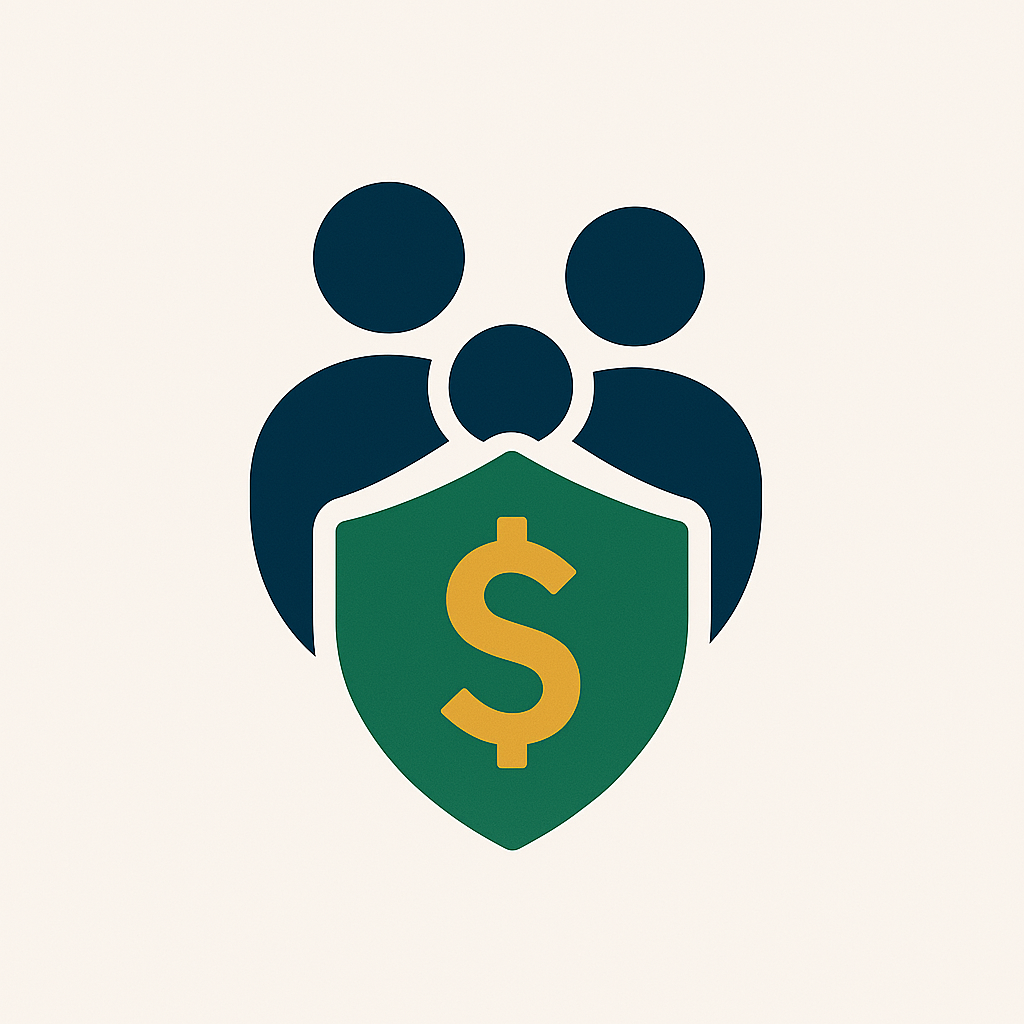10 Things to Stop Buying If You Want to Hit Your Financial Goals
With the rising cost of living and the changing economic landscape, achieving financial goals can feel like an uphill battle. However, by focusing on what we can stop buying and prioritizing essential expenses, we can create space for saving and investing.
In this comprehensive guide, we unveil 10 valuable steps to help you stop buying and prioritize essential needs:
1. Housing:
With housing costs often being the largest expense, it’s crucial to evaluate your living situation and consider downsizing your home, opting for a more affordable apartment, or exploring alternative housing arrangements.
2. Transportation:
If you drive a car, consider purchasing a used vehicle instead of buying new. Public transportation, cycling, and walking are significantly cheaper and more sustainable.
3. Dining Out:
Eating out can be a significant expense, especially if you eat out frequently. Plan your meals ahead of time and opt for home-cooked meals whenever possible.
4. Subscription Services:
Canceling unnecessary subscriptions is a great way to free up money each month. Review your subscriptions regularly and cancel those you don’t actively use.
5. Entertainment:
Prioritize free and low-cost entertainment options like visiting local parks, attending free community events, or engaging in digital activities.
6. Shopping:
Shop around for the best deals and discounts. Use coupons, compare prices, and avoid impulse purchases.
7. Clothing:
Invest in quality, durable clothing that will last longer. Look for items that are versatile and can be mixed and matched.
8. Electronics:
Upgrade your devices gradually instead of buying the latest and greatest models. Consider buying second-hand or refurbished items.
9. Debt:
Focus on paying off high-interest debt, such as credit card balances, student loans, and payday loans. Consider debt consolidation or bankruptcy if necessary.
10. Non-essential Subscriptions:
Cancel any non-essential subscriptions or memberships you no longer use. This can help you save on the recurring charges.
Conclusion:
Achieving financial goals requires discipline and a strategic approach to spending. By implementing these steps, you can create a more realistic and achievable plan to save money and invest for the future. Remember, small changes in our daily habits can make a significant difference in reaching our financial goals.

Leave a Reply